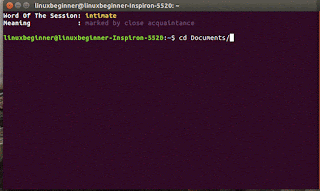Code:
'''
Created on 12-Dec-2016
@author: linuxbeginner
'''
bye = ['B','Y','E']
two = ['T','W','O']
thousand = ['T','H','O','U','S','A','N','D']
sixteen = ['S','I','X','T','E','E','N']
num = ['2','0','1','6']
two_counter = 0
thousand_counter = 0
sixteen_counter = 0
num_counter = 0
print(end="\n")
for i in range(0,13):
for j in range(13,i,-1):
print(' ',end="")
for k in range(0,i+1):
if i == 0:
print('{0} '.format(bye[0]),end="")
elif i == 1:
print('{0} '.format(bye[1]),end="")
elif i == 2 and (k == 0 or k == 2):
print('{0} '.format(bye[2]),end="")
elif i == 4 and (k in range(1,4)):
print('{0} '.format(two[two_counter]),end="")
two_counter += 1
elif i == 7:
print('{0} '.format(thousand[thousand_counter]),end="")
thousand_counter += 1
elif i == 10 and (k in range(2,9)):
print('{0} '.format(sixteen[sixteen_counter]),end="")
sixteen_counter += 1
elif (i == 12 and (k in range(2,6))) or (i == 12 and (k in range(7,11))):
print('{0} '.format(num[num_counter]),end="")
num_counter += 1
if k == 5:
num_counter = 0
else:
print('* ',end="")
print(end="\n")
print(end="\n")
Output:


